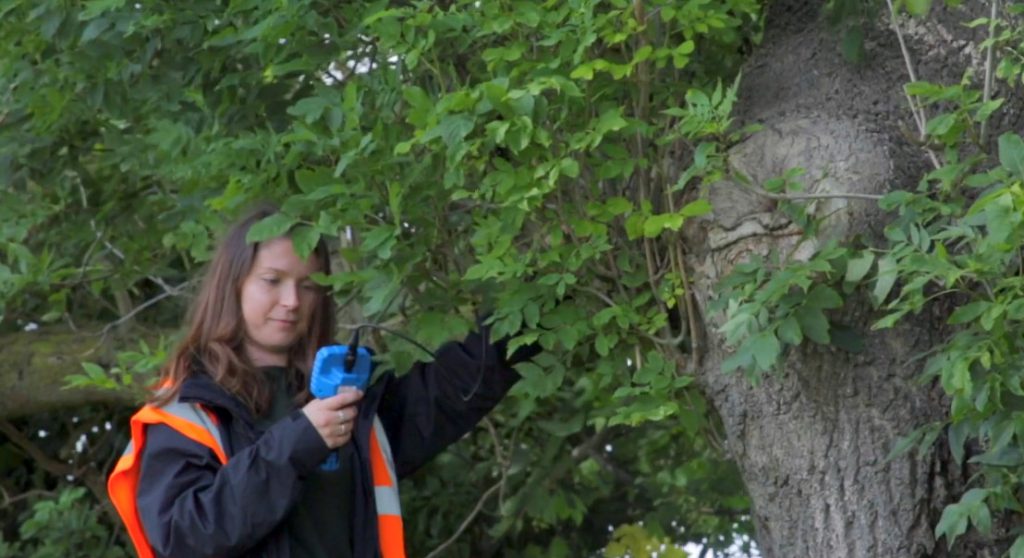Somerset’s Untouched Land
Consisting of a mix of environments such as beaches, countryside, lakes and woodlands, Somerset is one of the most rural counties in England and offers various natural elements. As there are so many rural locations across the county of Somerset, there is also a vast number of undeveloped areas, giving developers potential opportunities to stage planning projects without restrictions from past infrastructure on the site.
That said, the local council aren’t entirely open to developers purchasing and depreciating all remaining greenfield land, with Somerset County Council rejecting many applications for planning permission on remaining undeveloped patches of land. Not only that but even if a developer manages to claim a greenfield site, it isn’t to say that untouched land is without shortcomings.
Just because a greenfield site doesn’t have any existing infrastructure present or any signs of previous developments doesn’t mean that there couldn’t be features hidden within the ground. Archaeological remains act as an unexpected issue on a planning project, and if they aren’t addressed correctly, finding them late could lead to unexpected costs, delays or problems in the planning process.
Somerset Archaeology and Natural History
A combination of departments within the local council and heritage groups such as the Somerset Archaeological and Natural History Society play a role in maintaining consideration of archaeology in planning applications. Through working in partnership with archaeological experts, Somerset County Council can ensure that applications for planning consent aren’t granted without ticking relevant boxes in relation to potential historic remains on the site.
On the other side of applications for a planning condition are developers aiming to satisfy all planning requirements in the eyes of the local authorities, and when it comes to the potential for archaeological remains, it can be difficult to know how to provide guarantees that the site doesn’t hold historic value. In order to remove the element of uncertainty, it would be advisable to reach out to an archaeologist for an archaeology survey.
Reporting on Archaeology
At the start of an archaeology survey, the archaeological consultant will undertake desk-based assessments to research the site and determine whether it holds existing historic remains or archaeological records that could suggest historic value. The survey process will then move on to an inspection of the site, involving a surface survey to identify visible archaeological remains and a geophysical survey to investigate areas situated beneath the surface of the ground.
Upon completion of the surface survey, highly specialised equipment will be used to carry out the geophysical survey, including a ground penetrating radar (GPR). The GPR device will be run over the ground, sending radio waves into the soil and reflecting backwards once the waves reach solid surfaces. As the distances between reflections will be measured, any shorter distances could be a sign of historic remains, and if the desk-based assessment doesn’t explain the presence of features underground, the archaeological surveyor may opt to excavate.
As well as the desk-based assessment and site inspection, the archaeologist may also consider factoring in aerial photography, site discovery, walkovers and watching brief techniques, or consider contours, earthworks, building survey results or proximity to the National Grid. An archaeology report created by the archaeologist will then be passed on to the local planning authority as part of the application for planning permission, acting as evidence that the site has been correctly analysed and the next steps have been produced to allow the development to continue.
Planning an Archaeology Survey
By speaking to Arbtech, you can work out whether an archaeology survey is required on your development site. If you are operating on greenfield land or a listed historic site, it is likely that you will need this type of assessment, but you can confirm by talking to our helpful team. Contact us today by calling the number at the top of this page or filling out our online quote form.
Each of our archaeologists holds sufficient training, qualifications and skills to conduct an archaeology survey on your site, and as they are situated all over the UK, we can accommodate your location. Get in touch with us today and we can offer a completely free quote, giving you an opportunity to see how much the survey will cost before committing. Then, if you choose to move forward, one of our archaeological consultants will attend your site and help you on the path to securing a planning condition.


